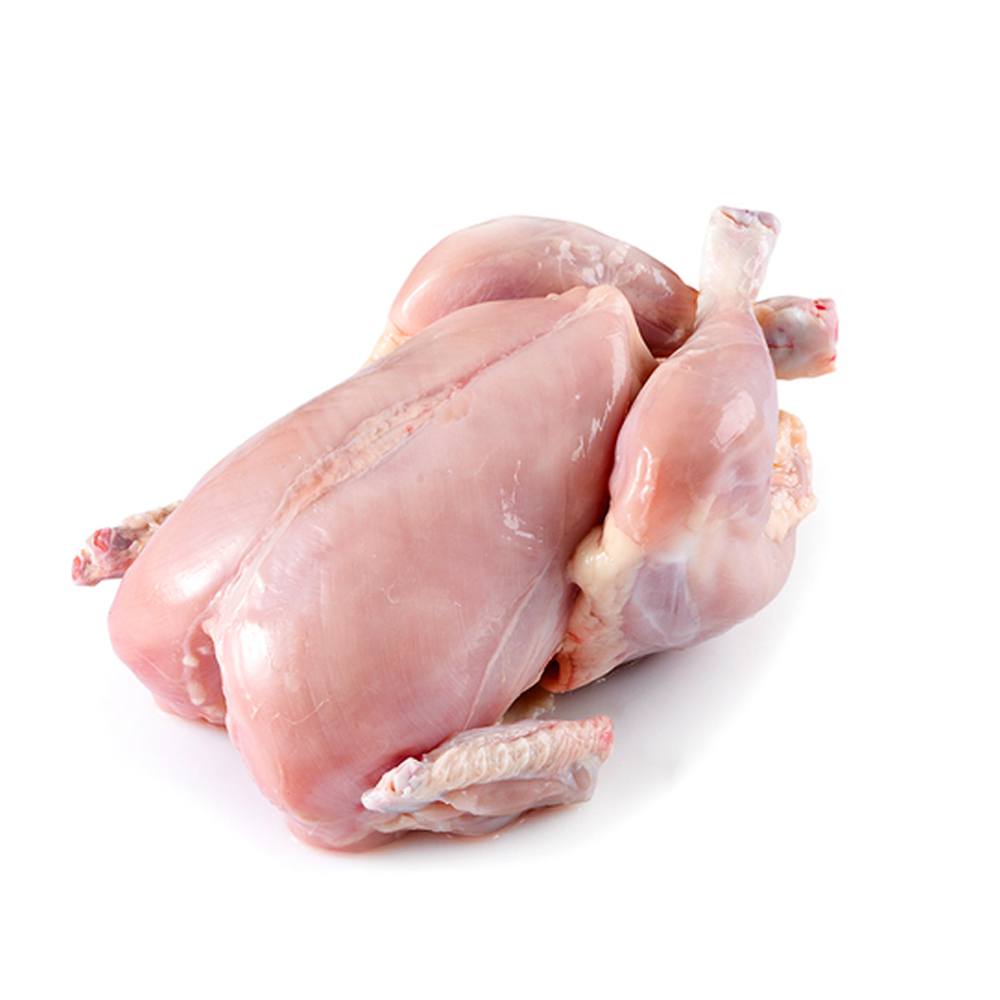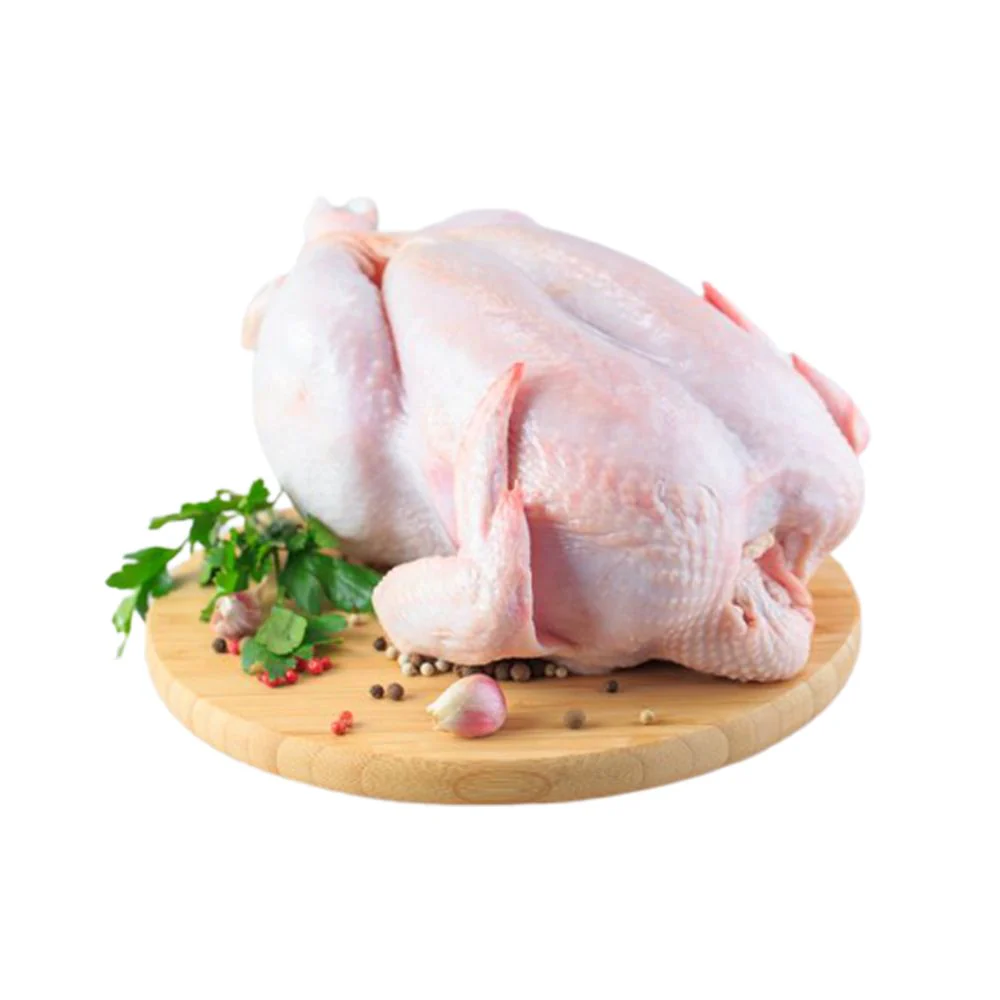Description
Origin:
Old layers refer to hens that have passed their prime egg-laying age. These chickens are typically over 1 year old and are used for their meat rather than egg production. The meat of old layers is tougher than that of younger chickens, making it ideal for slow-cooking methods like stewing or braising.
These chickens have a richer flavor compared to broilers due to their age and diet.
Other Names:
Yoruba: Adiye agba
Igbo: Ọkụkọ agbọghọ
Hausa: Kaza mai tsufa
Swahili: Kuku mzee
Health Benefits:
High in protein, which is essential for muscle growth and repair.
Provides essential vitamins and minerals, such as vitamin B6 and phosphorus.
Low in fat, especially when skinless, making it a healthy meat option.
Nutritional Information (per 100g):
Calories: 215 kcal
Protein: 23 g
Fat: 14 g
Iron: 0.9 mg (5% of Daily Value)
Vitamin B6: 0.5 mg (25% of Daily Value)
Fun Fact: Did you Know?
There are also more chickens than any other bird species. & Chickens can remember over 100 different faces of people or animals
Uses:
Commonly used in soups, stews, and broths.
Ideal for dishes requiring longer cooking times to tenderize the meat, such as “Nigerian chicken stew.”
Recipes & Videos:
International Recipe: Classic Chicken Stew Video: How to Make Chicken Stew
Local Recipe: Nigerian Chicken Stew Video: Nigerian Chicken Stew Recipe
Best Storage Method: Refrigerate or freeze. Store in airtight packaging.
Shelf Life:
In the fridge: 1-2 days.
In the freezer: 9 months to 1 year.

 Cart is empty
Cart is empty 











Reviews
There are no reviews yet